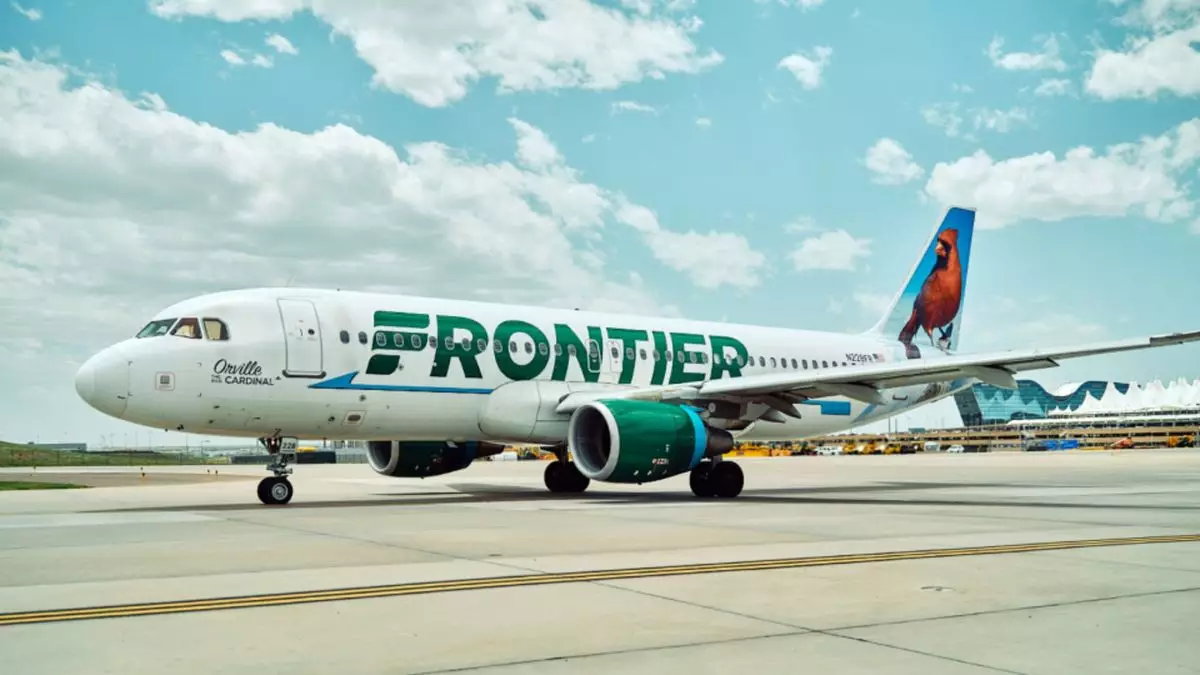Frontier Airlines, known for its aggressive approach to ancillary products and cost-cutting measures, recently made a significant change to its merchandising strategy. The carrier decided to move away from the unbundled pricing model that it had been known for, signaling a shift towards a more traditional airline approach. This adjustment came in response to changing consumer preferences and a desire to offer a more streamlined and competitive pricing structure.
Under the new strategy, Frontier introduced a range of bundled fare options to its customers. These include the Basic fare, which is a bare-bones product with additional charges for seat assignments, carry-on bags, and changeability. However, opting for a bundled fare, such as the Economy, Premier, or Business bundles, proves to be a more cost-effective choice for travelers. These bundles come with various perks like included carry-on bags, free seat selections, early boarding, and additional legroom.
Unlike the previous fare bundles offered by Frontier, the new options are much more affordable and are presented to customers upfront during the booking process. The Economy bundle starts at just $30 more than the basic fare each way, while the Business bundle offers great value with two checked bags and extra legroom seating. Frontier aims to maintain its reputation for low fares by offering price-match guarantees and frequent flyer rewards to customers who find cheaper flights elsewhere on the same route and day.
In addition to the changes in pricing and fare structures, Frontier also implemented service improvements to enhance the overall customer experience. Elite Frontier Miles program members now have access to phone agents, and the airline extended the lifetime of flight credits from three months to a year. These changes are designed to make booking flights with Frontier easier and more convenient for customers.
While Frontier’s new merchandising strategy is expected to attract a wider range of flyers and increase ancillary revenue, the airline still faces challenges in improving its operational integrity and reputation. With a history of low on-time performance and higher baggage fees compared to full-service carriers, Frontier must work towards enhancing its overall service quality to compete more effectively in the market.
Airline industry analyst Brett Snyder shared his thoughts on Frontier’s strategy, noting that the changes are likely to bring in additional customers, but the impact on profitability remains to be seen. He emphasized the importance of Frontier improving its operational efficiency and reputation to solidify its position in the industry. With competitors like Spirit also considering merchandising changes to appeal to higher-end flyers, Frontier must continue to evolve its offerings to stay competitive.
Frontier Airlines’ decision to revamp its merchandising strategy represents a significant shift in its business approach. By moving away from unbundled pricing and offering more attractive bundled fare options, Frontier aims to attract more customers and increase ancillary revenue. However, the airline must address operational challenges and improve its reputation to succeed in a post-pandemic market dominated by full-service carriers.

